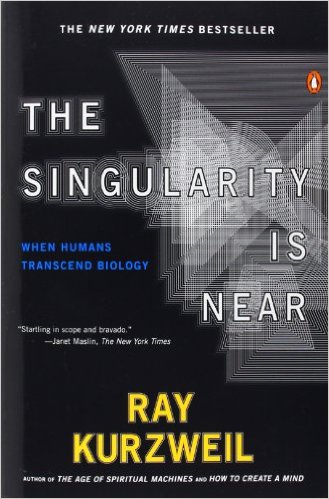A few days ago, Nicholas Carr reported a rumor that Microsoft was poised to take its Office Suite into the cloud, and was building out huge new server farms to prepare:
I’ve heard that Microsoft has begun briefing its large enterprise clients on an expansive and detailed strategy for moving its software business into the cloud. If the report proves correct – and I make no guarantees – the company will unveil the strategy to the public either next week or the week after.
[…]
it’s been building out the backend infrastructure – the data center network – required to run web apps reliably and on a large scale. These obstacles are now coming down. The upgrades have been out for more than a year, and, despite some glitches, have generated a lot of cash for the company. As for its infrastructure, a massive new data center near Chicago is expected to come online this year, adding to the capacity of the new centers the company has built or bought in Washington, Texas, and California.
However, Michael Arrington threw cold water on the idea:
I fear that the rumor may have been wrong, and that Microsoft has no such plans in the near future. Tonight Microsoft announced an expansion of their “software plus services†strategy that gives businesses many of the collaboration and storage benefits of Sharepoint without actually having to install software on their own internal machines. The program was initially launched in September 2007.
This is not a web based version of office. It’s not competitive with what Google is offering businesses with Apps and Docs. It’s a half way approach that still requires the installation of Office and other software on local machines.
However it isn’t clear that this necessarily means that CloudOffice is dead. The above strategy could certainly be a half-way step in porting Office to the cloud. And a lot of enterprise customers are probably still going to stick with their local installs for quite some time, they aren’t going to switch overnight. IT has inertia, after all – as does the significant investment most companies have made in legal licenses for Office. I think Microsoft has to move cautiously, and it’s going to take time.
Can Google or anyone else deliver a fully-web-based office suite with a complete enough feature set to match Office in the interim? I think that no pure web application can hope to match functionality of a desktop one, because the desktop app has so much more computing power. The browser is a constraint – which is why Adobe AIR, which breaks free of the browser, is such an innovative and exciting product. Microsoft’s own version, called Silverlight, is probably going to be the backend for Office online. The advantage here is that the immense computing power of the client – RAM, CPU – can be used to make the cloud app much richer than if all of the functionality has to be delivered via the narrow Internet pipe.


